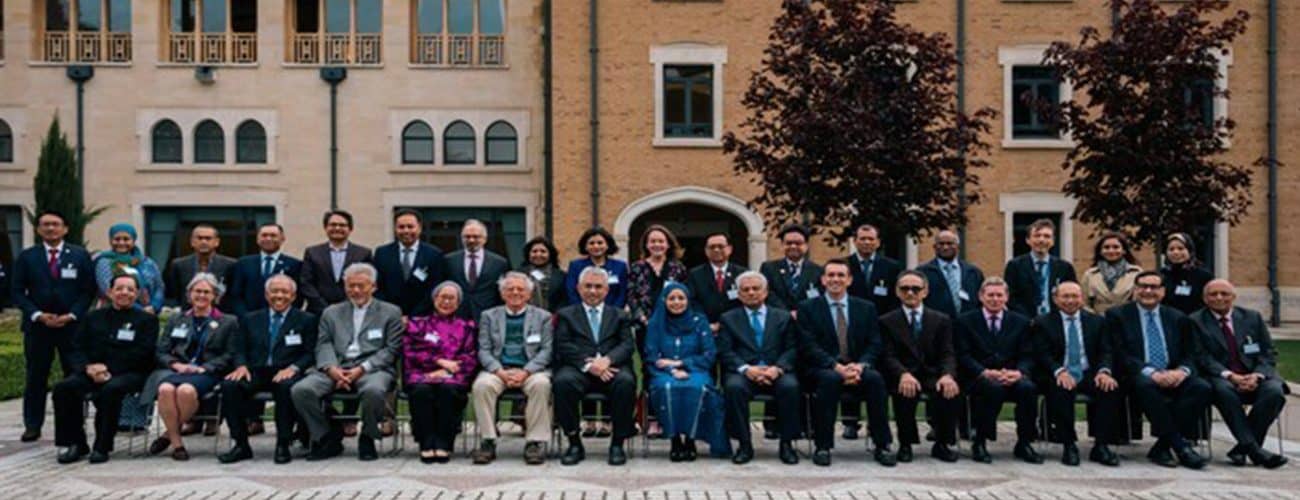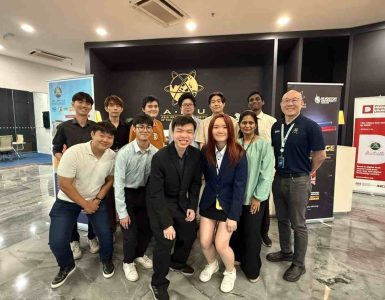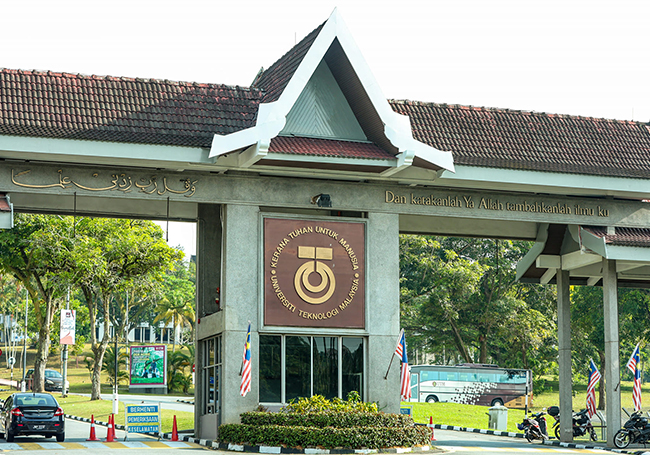
The Oxford Centre for Islamic Studies (OCIS) and Universiti Teknologi Malaysia (UTM) joined forces to organize a Science Roundtable with the theme “Imagining the Future: Climate Change, Health, and Food Security in Muslim Societies.”
This collaborative effort aimed to address the significant challenges posed by climate change, public health, and food security that affect Muslim communities worldwide.
With a focus on unity and practical actions, the event gathered experts and prominent figures to discuss the impact of these issues and propose concrete measures for a resilient future.
Vulnerabilities and urgent action for Muslim societies
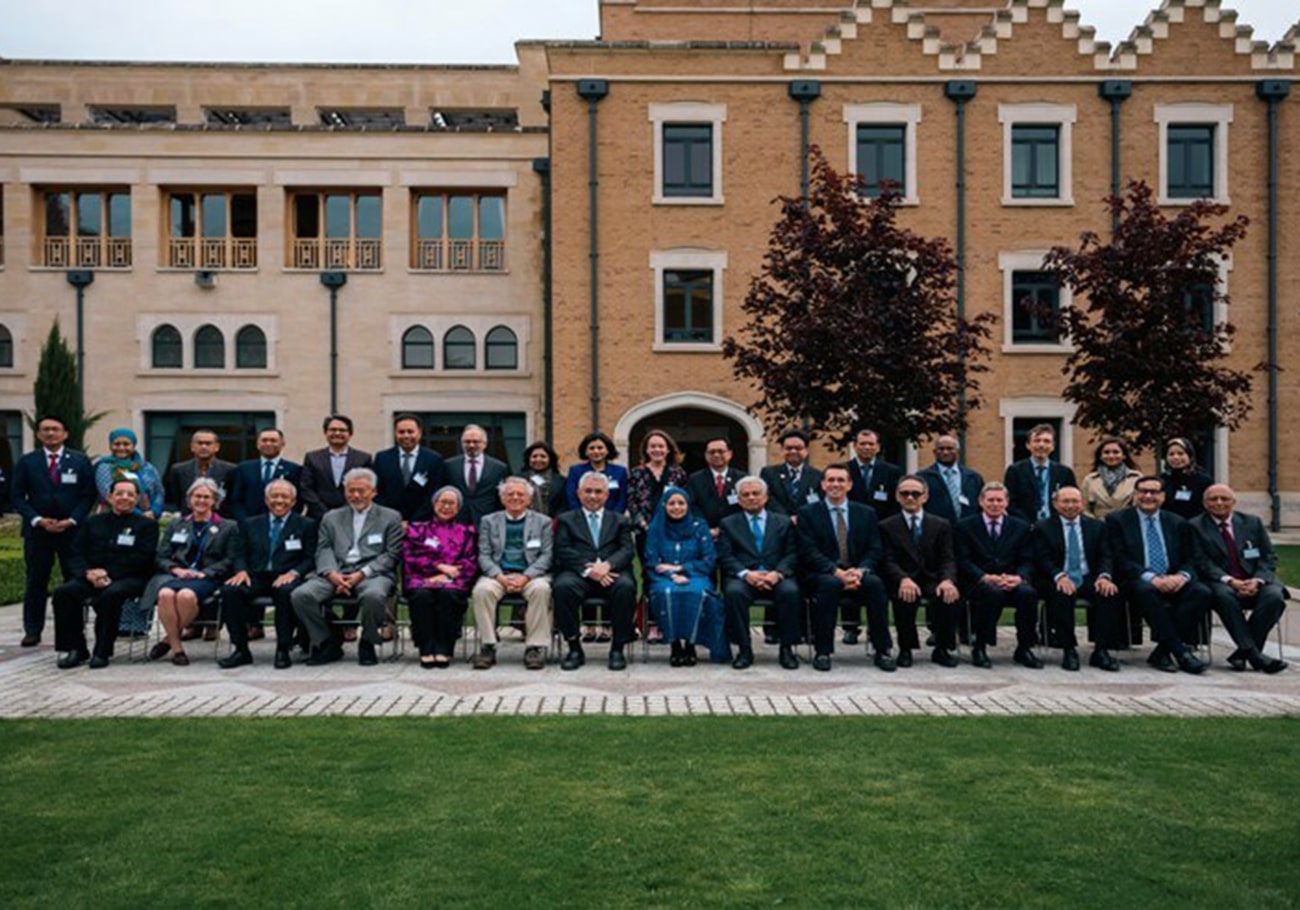
Muslim societies, comprising approximately a quarter of the global population and contributing significantly to the global GDP, face particular vulnerabilities to climate change.
This is especially true for those residing in low- and middle-income countries. The Science Roundtable recognized the urgent need to address these challenges and sought to harness the collective knowledge and capabilities of the global community to envision a climate-resilient future for Muslim societies.
By understanding the complex interplay between climate change, public health, and food security, actionable solutions can be developed.
Inaugural session and notable participants
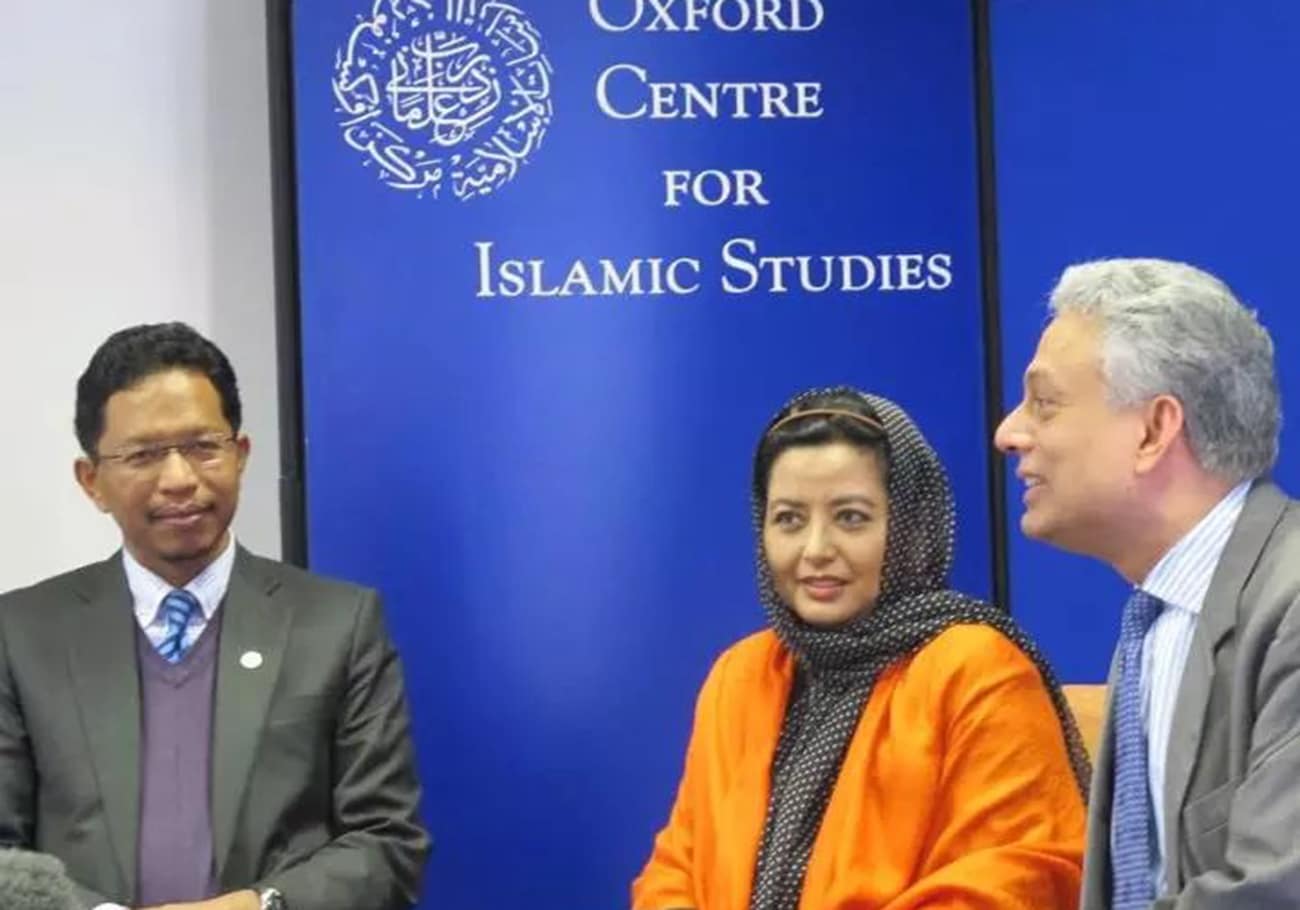
The inaugural session of the Science Roundtable was honoured by the presence of Her Majesty Raja Zarith Sofiah Binti Almarhum Sultan Idris Shah, the Permaisuri of Johor and Chancellor of UTM.
In her keynote speech, she emphasized the responsibility of individuals and the global community in fulfilling their duties towards the fragile world we inhabit.
The event also gathered prominent international experts, including Dr Farhan A Nizami, Director of OCIS, and Professor Sir David Clary, among others.
Notable Malaysian figures such as YB Nik Nazmi Nik Ahmad, Minister of Natural Resources, Environment, and Climate Change, also contributed to the discussions.
Collaborative efforts and future perspectives
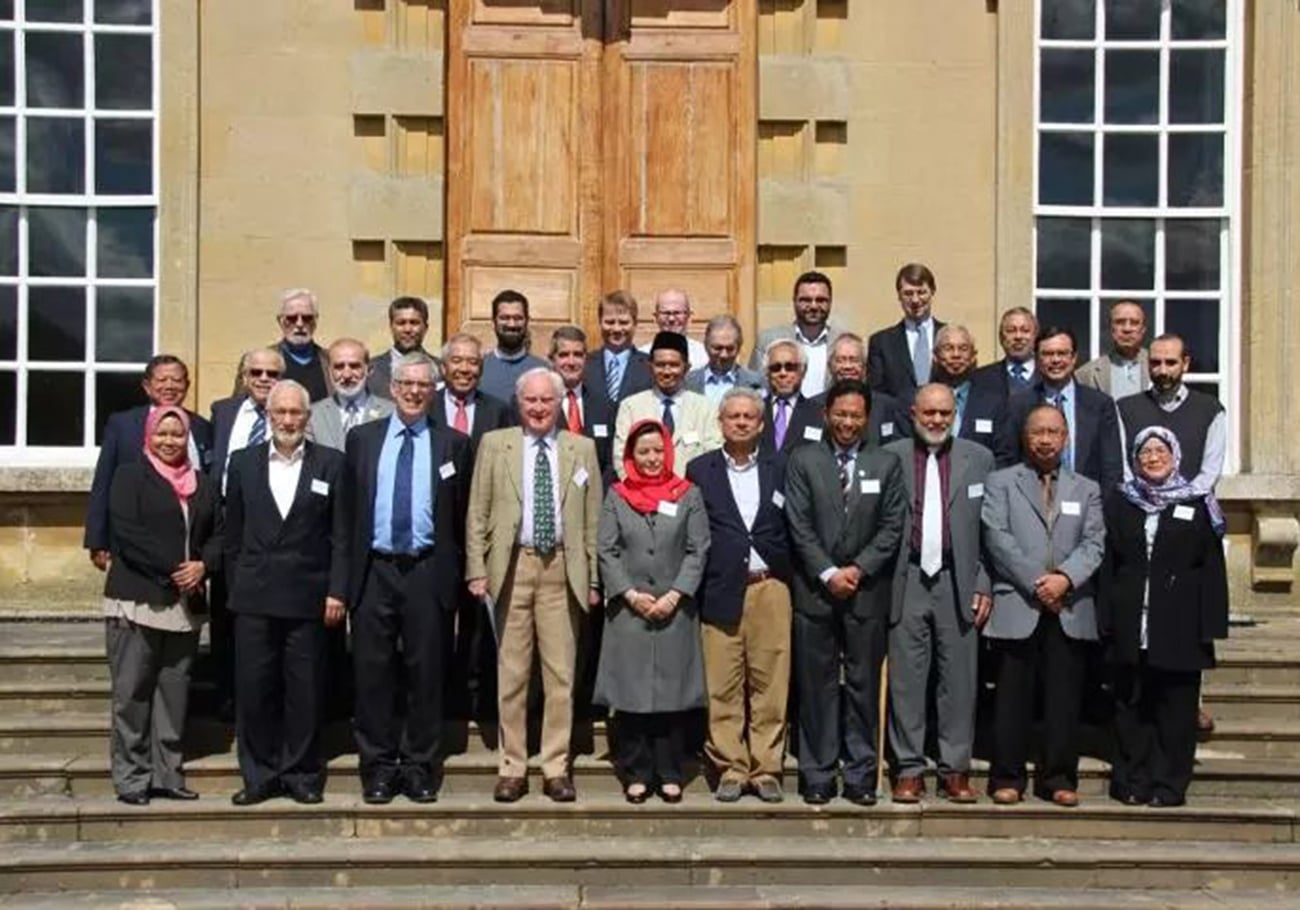
The Science Roundtable pledged to establish further forums between OCIS and UTM in the field of Science and Technology.
This collaboration will be instrumental in shaping relevant research questions and conducting studies to understand the attitudes of Muslims towards emerging global challenges.
The outcomes of this collaboration aim to provide Muslim societies with access to global research outputs, empowering them to make informed decisions and adopt sustainable practices.
By prioritizing climate justice, and ethical values, and leveraging the power of science and technology, a more resilient and sustainable future can be envisioned for all.
In the face of the far-reaching consequences of climate change, the Science Roundtable organized by OCIS and UTM provides a platform for collective action and collaboration.


